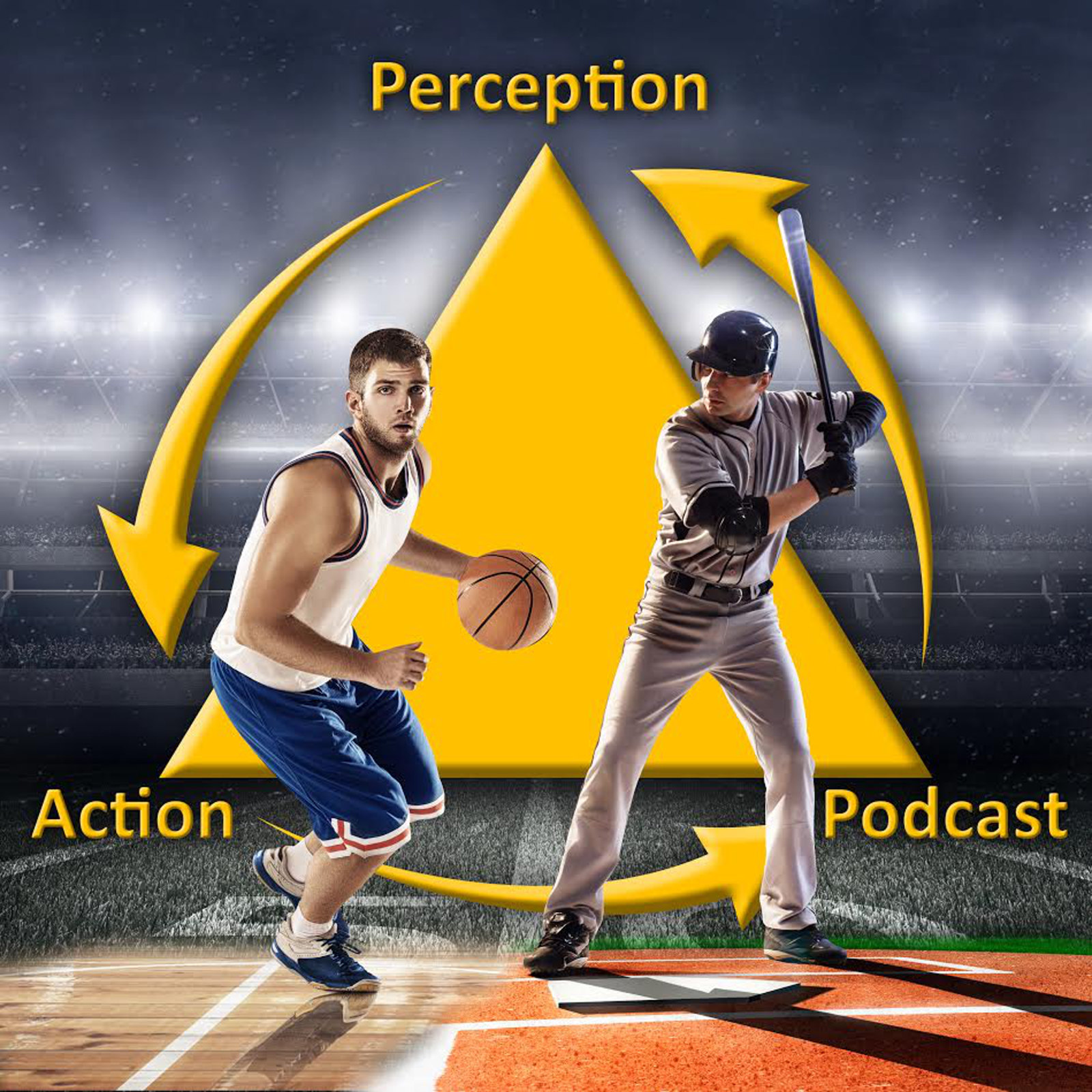8
Legendary UCLA basketball coach John Wooden once said: “The importance of repetition until automaticity cannot be overstated”. Reaching a stage where some skills can be performed “automatically” is thought to be one of the main goals of sports training and one of the defining characteristics of being an expert. But what exactly does it mean for a sports skill to be “automatic” and how exactly is this desired state achieved through training? In this episode, I introduce the topic of skill acquisition be exploring traditional theories of how an athlete progresses from a novice to an expert.
Research confessions: Does research always happen like we say it does in journal articles?
Download link
Key points:
• The most popular theory of skill acquisition was proposed by Fitts & Posner 1967. It involves a transition from controlled to automatic processing.
• In Controlled processing, a performer executes an action by following a series of explicit steps that are held in working memory and by focusing their attention on each part of the action. it makes them slow to act, have very not fluent movements and highly prone to making errors
• Referring back to research on attention control, this explains why novices perform best with skill focused attention – paying attention to your movements is necessary. It also explains why, novices perform worse when asked to perform an environmentally focused dual task like listening to sounds from the ground – they don’t have the capacity to handle this because all their attention and concentration is devoted to moving in the right way.
• Through practice, there is a transition to automatic processing/automaticity
• Being automatic means that you can perform an action without thinking about the execution of the movements involved. A term that you will often hear in association with automaticity is that of “muscle memory” or “motor programs”. This is used to represent the idea that control of the movement no longer requires attention and conscious control. Instead, through practice, experts performers essentially develop internal routines for executing the movement. Once the routines are activated they can pretty much on their own. This means more fluent movement with less chance for mistakes.
• Again, referring back to attention control, this explains why experts are better at environmentally-focused tasks (they have the available capacity to do them) and are hurt by skill-focused tasks
• Because they don’t pay attention to it, elite athletes often have poor memories for how exactly they execute their skill, an effect called expertise-induced amnesia
• How we progress from controlled to automatic processing is not well understood
• One idea is that it changes from using declarative memories (which are factual memories for the steps involved) to proceduralized memories.. which are memories for how to execute an action that can only be demonstrated through performance.
• Just because an athlete does not focus their attention on their actions does not mean they cannot use perceptual feedback to adjust their movements (e.g., prospective control)
Articles:
- Movement automaticity in sport
- From attentional control to attentional spillover: a skill-level investigation of attention, movement, and performance outcomes
- Expertise, attention, and memory in sensorimotor skill execution: impact of novel task constraints on dual-task performance and episodic memory
- Fitts & Posner
More information:
My Research Gate Page (pdfs of my articles)
My ASU Web page
Podcast Facebook page (videos, pics, etc)
Twitter: @Shakeywaits
Email: robgray@asu.edu
Credits:
The Flamin’ Groovies – Shake Some Action
Matt Augustine – Learn How to Swim
Jonathan DImmel – Learn From Me
Sonic Avenues – Automatic
Arsonist – Hot Salsa Trip
Room One Eleven – Automatic
via freemusicarchive.org and jamendo.com
